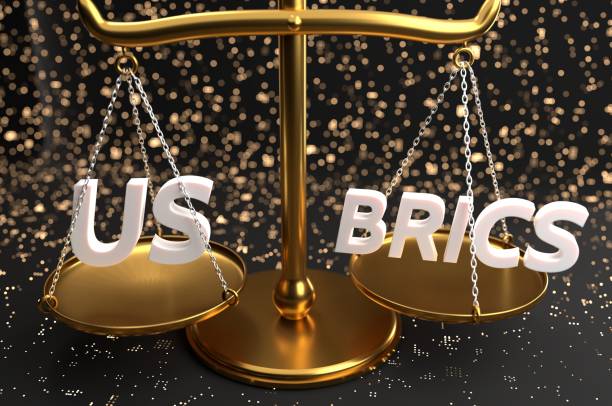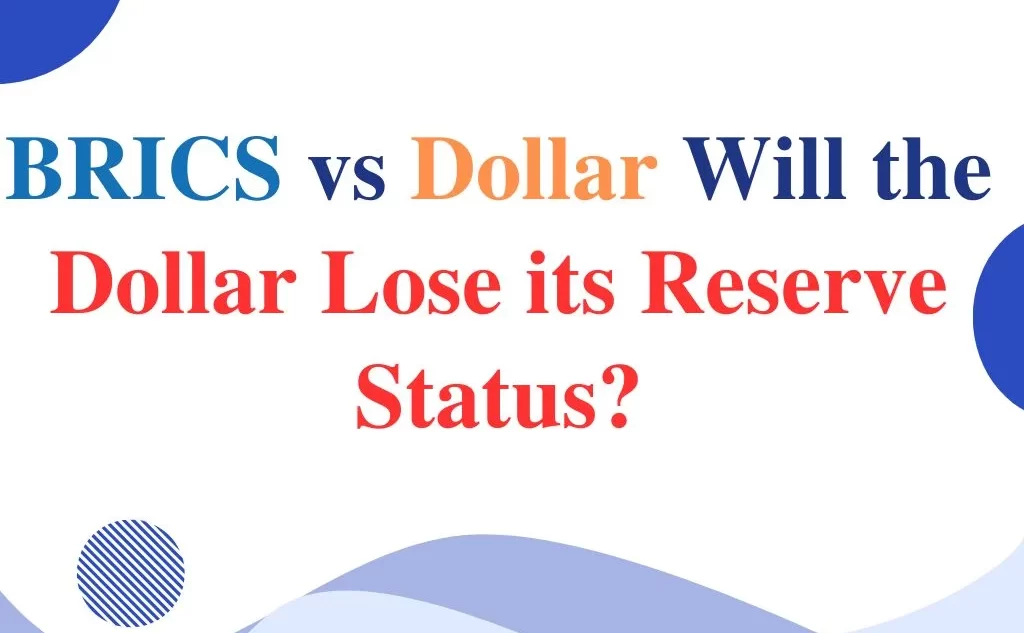BRICS vs Dollar Will the Dollar Lose its Reserve Status?
Table of Contents
- Introduction
- Understanding Dollar Dominance in Global Markets
- BRICS’ Push for De-Dollarization
- Challenges and Feasibility of a BRICS Reserve Currency
- Potential Global Economic Impacts
- Benefits and Drawbacks of a De-Dollarized World
- Conclusion
Introduction
The U.S. dollar has long held the title of the world’s primary reserve currency. However, the BRICS nations—Brazil, Russia, India, China, and South Africa—have begun a strategic push towards de-dollarization. As geopolitical shifts gain momentum, this article delves into the question: Will the dollar lose its reserve status?

Understanding Dollar Dominance in Global Markets
Since World War II, the U.S. dollar has been the backbone of global trade and finance. Its stability and the massive U.S. economy support its status, facilitating international trade, loans, and reserves. However, the dollar’s dominance also gives the U.S. significant leverage over global financial systems, sometimes resulting in sanctions or financial constraints on other nations.
BRICS’ Push for De-Dollarization
In recent years, BRICS countries have been working on ways to reduce their reliance on the dollar, conducting trade in local currencies and exploring the creation of a BRICS currency. Motivations include reducing exposure to currency fluctuations, minimizing dependency on U.S.-centric financial systems, and gaining greater autonomy over economic policies.
Challenges and Feasibility of a BRICS Reserve Currency
Creating a BRICS currency is challenging, given the diverse economic landscapes and governance systems within BRICS. A shared currency would need a unified monetary policy, a central issuing authority, and an agreement on currency valuation—all difficult in the BRICS context. Moreover, global confidence in a new currency would take time to build.
Potential Global Economic Impacts
If BRICS successfully reduces dollar dependence, countries could see increased autonomy in trade and finance. However, it could also lead to volatility in international markets, particularly for economies heavily reliant on the dollar. A shift might encourage other countries to diversify their reserves, gradually weakening dollar-centric systems.
Benefits and Drawbacks of a De-Dollarized World
A multi-reserve currency world could make global trade more flexible, giving countries options to trade in currencies that best serve their interests. However, it may also lead to complications in trade settlements, potential inflationary pressures, and diminished purchasing power for countries with weaker currencies.
Conclusion
While the dollar remains deeply entrenched as the world’s primary reserve currency, the rise of BRICS and its de-dollarization efforts highlight a gradual shift towards a multipolar currency system. A complete replacement is unlikely in the near term, but the dynamics are changing, signaling a potential recalibration of global finance. The dollar’s status may not be lost entirely, but its unrivaled dominance is increasingly being questioned as BRICS challenges its supremacy.
For more related content visit Online Period




